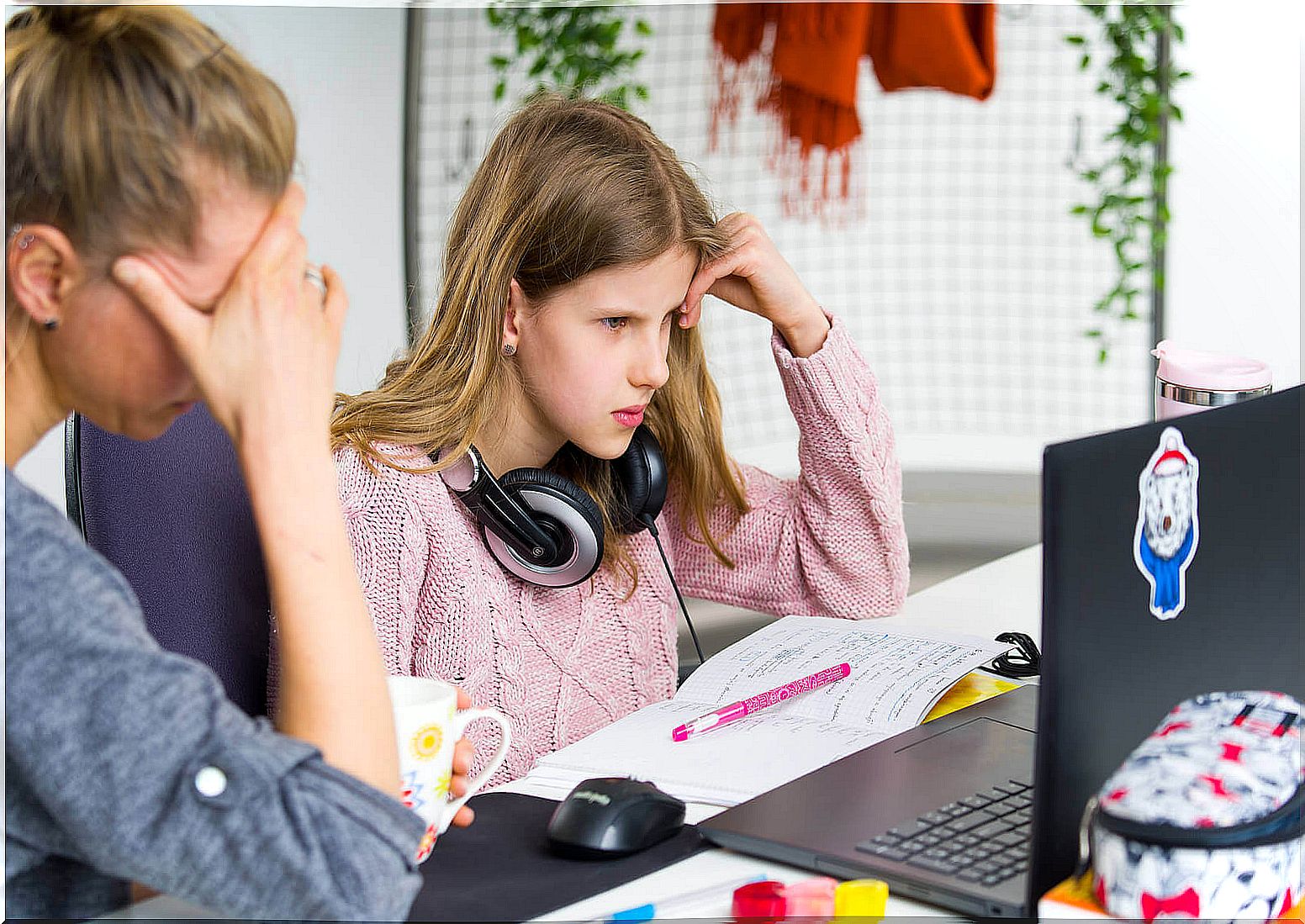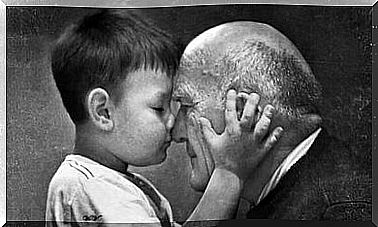How To Help A Teenager With A Learning Disability

For a teenager, having a learning disability can be a serious blow to their self-esteem. At this stage, socializing and looking “nice” in front of others is essential. So if they have learning difficulties, they can quickly get frustrated and think it’s not worth the effort because they won’t get better anyway.
Obviously this is not true. As a parent, you should keep in mind that by helping a teenager with a learning disability correctly, he can improve his developmental capacity. In turn, you will be able to achieve the goals suitable for him in any case.
Talk about what’s going on with him
Above all, teenagers want to be “normal”. Why else would they wear the same style of clothing, the same language, go to the same cinema and listen to the same music as their peers? Most likely, your child does not want to be classified as “the fool”, “the one who doesn’t understand”, “the one with learning difficulties…”. He just wants to fit in and be accepted in society.

When discussing a diagnosis with your teenager, you may find that his or her first reaction is to feel great relief. Now he knows why a specific skill or subject was causing problems. For that reason, the first step in helping your teenager with a learning disability is to tell him exactly what’s going on and why.
It’s also beneficial to tell him that there are many other teenagers in this situation and that they too struggle every day to make progress in their learning. It’s a good idea to get in touch with this type of person, as well as his family, so they can talk about what he should and shouldn’t do to improve.
Help your teen with learning difficulties
That said, it’s still hard to know that we’re different, especially for a teenager. Here are some ways to help your child deal with the diagnosis. Remember that it is very important to speak tactfully and understand your emotions at all times.
Individual therapy for learning disabilities
Some families take their teens into individual therapy for a short period of time after diagnosis, in part to provide emotional support for this “difference.” A good therapist will help your teenager focus on their strengths and weaknesses in a way that allows them to accept what they will face in the years to come.
Your child’s school psychologist may be willing to meet with the student for a few sessions. In addition, the professional can also refer you to an external source that is accessible. If necessary, you can talk directly with this professional to see what help he or she can offer to deal with this situation in the best possible way.
Support Groups for Learning Disabilities
Some schools organize support groups for children with learning difficulties, and this type of support can be very beneficial for teenagers. If your child’s school does not offer this kind of ongoing support, ask for a referral to a location that can.
You, as a mother or father, may also feel shaken by this news. If this happens, when you find a support group for your teen, ask if there are resources for parents as well.

You can also find a special committee dedicated to working on additional services for students with learning difficulties at the school itself or at other institutions in your city. Any group you come across will allow you to link up with other parents who may be able to provide you with useful information.
See other options
You can also get referrals to local resources in your region. In many locations, there are seminars for parents on a wide variety of topics. That way, once you know what type you’re interested in, you’ll just have to organize the information.
With these tips, it will be much easier to help a teenager with a learning disability. That way, you can prevent him from having self-esteem problems as a result.
With that in mind, your child can be motivated enough to advance in their education and learning without feeling less than anyone else. Each person is unique and irreplaceable with their own idiosyncrasies!








